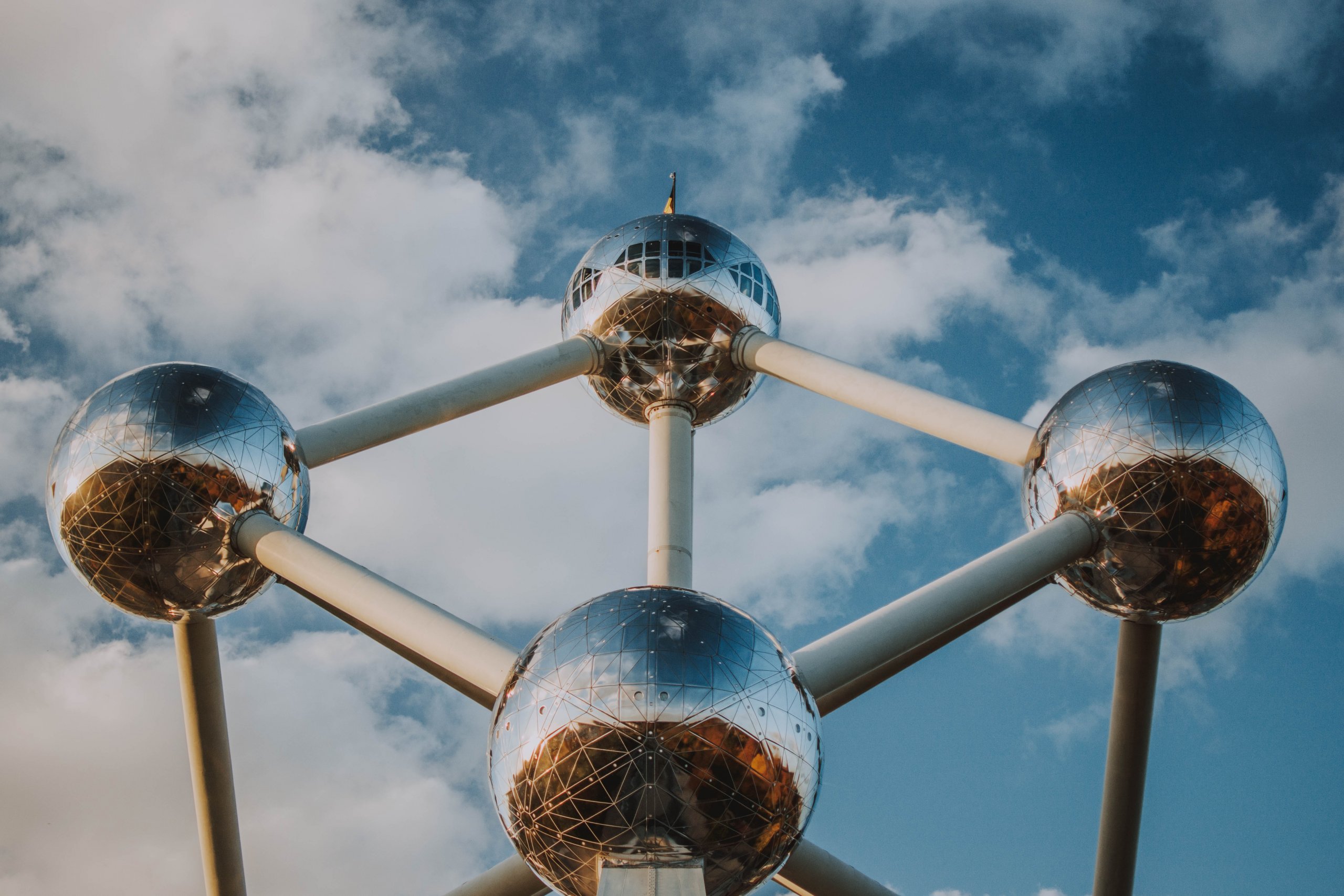
Scientific Advice in a Complex World, published in November 2019, is an independent expert report produced by the Group of Scientific Advisors for the European Commission. It is based on an evidence review of advice processes carried out by SAPEA – Science Advice for Policy by European Academies, which considers the conceptual thoughts of many scholars devoted to studying the nexus between science and politics. It’s timely to revisit the issue of science advising in the age of the COVID-19 pandemic.
How does your report, Advice in a Complex World, and the SAPEA evidence review, assist policy making in Europe?
The importance of knowledge sharing and the importance of having established bodies and strong science systems that can demonstrate their merit and efficacy goes hand in hand with bringing the recommendations of this report to life.
Crucial is the notion that you have to engage continuously with policy makers and this report assists scientists with that. There are scientists who feel they can’t engage because there needs to be neutrality – but you must shape questions so they can be addressed though science. We want to close those knowledge gaps for the betterment of all.
We’re in a global health crisis, where 250 million European citizens are in lockdown. The report suggests that issues for which scientific input is most needed by policymakers are the ones for which the science is most often complex, multidisciplinary and incomplete. This is your moment – tell us what’s happening?
Science can’t deliver 100% certainty. We can say what the basis of uncertainty is, but the policy maker has to make a decision. What is fantastic is we are seeing the crucial role of organisations that are equipped to deal with this. Think of the WHO, think of each nation’s science academies. Health is not a primary mandate of the European Commission.
The European Commission deals with long term issues – we work with the academies through SAPEA. The academies make sense of the science, for example, carbon capture, sustainable food systems, microplastics. We use their evidence reviews as the basis for our recommendations, and the European Commission responds.
This evidence review has been led by the 100 or so academies and science institutions in Europe, but does its messages have relevance to other regions of the world?
While we have done this work for the European Commission, it has relevance for every region and every level of policy. What scientists can do to be effective, and how policy advisors can best engage with scientists is universal. Countries which don’t have strong science advice mechanisms or policy advice mechanism can think about how they can institutionalise this for their particular country.
What has European science learned from other regions during the COVID-19 pandemic?
There’s a crucial need to share knowledge and knowledge gaps. This is where it’s vital for science advisors to make sense of the multitude of evidence that is coming through.
How can policy makers best listen to the social sciences in the rebuild – for our economies and our social health and wellbeing?
I am a social scientist. Now there is an unquestioned recognition for social science and humanities. If we are talking about transitions we must have insights into behaviour. It’s crucial to work together from the start.
Do you think this will impact on Horizon Europe? Is this a dress rehearsal for the upheavals of climate change and the mission science we need to transform our communities to live on a sustainable planet?
The inequalities are coming through loud and clear. Inequalities in our region, and in the Global North and Global South. Not having the infrastructure in place to deal with crises such as global health pandemics and the fallout from them will ensure there are lessons learned, which must be acted upon.
To find out more about the Group of Chief Scientific Advisors click here
To download the European Chief Scientists’ advisory report, Scientific Advice in a Complex World click here
To download the summary of the SAPEA evidence review, click here
To download the full SAPEA evidence review, click here
Pearl Dykstra is an elected member of the Netherlands Royal Academy of Arts and Sciences (KNAW, 2004) and previous Vice-President of the KNAW (2011-2016), elected Member of the Dutch Social Sciences Council (SWR, 2006), elected fellow of the Gerontological Society of America (2010), and elected member of Academia Academia Europaea (2016). In 2015 she was appointed as member of the group of European Commission Chief Scientific Advisors, and currently serves as its Deputy Chair.
Photo by fotografierende on Unsplash